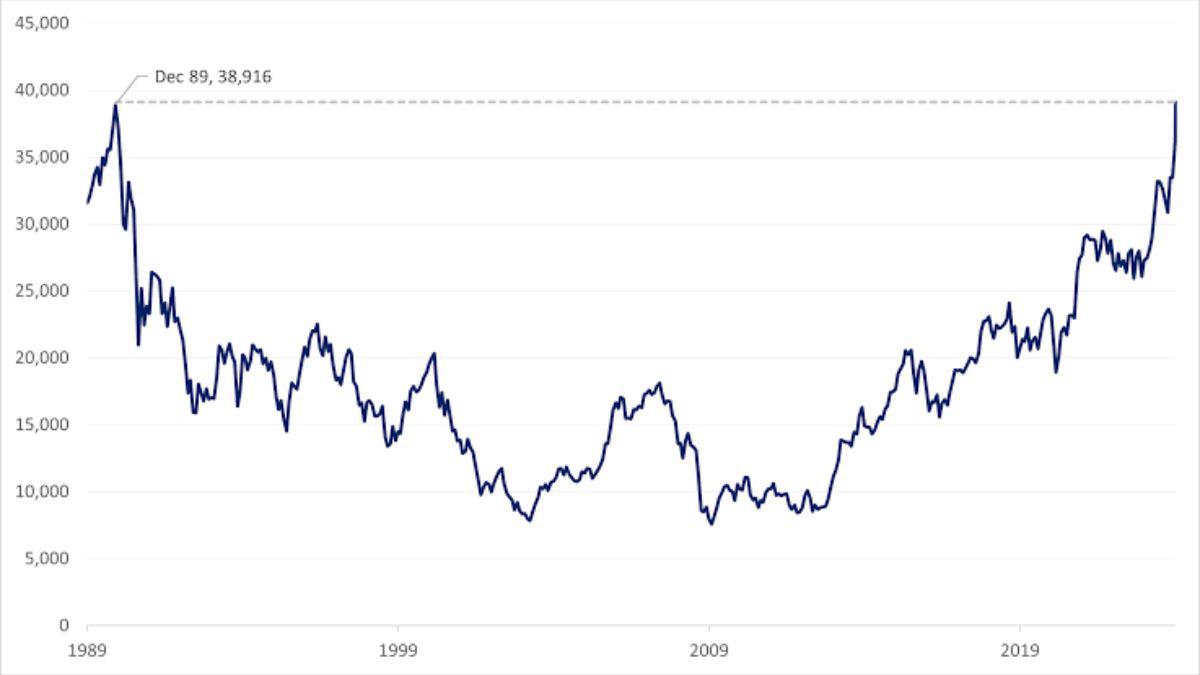Overseas investors are adopting a bearish stance towards Japanese equities, reflecting growing concerns about Japan’s economic stability and market dynamics. This shift comes in the wake of a significant sell-off that has rattled investor confidence and led to a pronounced retreat from Japanese stocks.
The recent downturn in Japanese equities, characterized by sharp declines and heightened volatility, has prompted international investors to reassess their positions in Japan’s stock market. The sell-off, driven by a combination of domestic economic uncertainties and global market fluctuations, has raised alarm bells among foreign investors who have historically played a pivotal role in Japan’s equity markets.
This development has notable implications for Indonesia’s economic landscape. As a regional economic player, Indonesia’s financial markets and investment climate are intertwined with broader Asian market trends, including those in Japan. The retreat of overseas investors from Japanese equities could signal a broader shift in regional investment patterns, potentially affecting Indonesian markets and its attractiveness as an investment destination.
Moreover, the bearish sentiment towards Japanese stocks could influence Indonesia’s economic outlook in several ways. Firstly, reduced foreign investment in Japan may lead to a reallocation of funds towards other emerging markets, including Indonesia. This could either present an opportunity for Indonesia to attract new investment or lead to increased competition for capital inflows.
Secondly, fluctuations in global investment trends could impact investor sentiment in Indonesia, influencing market stability and economic growth prospects. Indonesian financial markets, which are sensitive to regional economic developments, may experience increased volatility as investors adjust their strategies in response to shifting dynamics in neighboring economies.
Overall, the growing caution among overseas investors regarding Japanese equities underscores the interconnectedness of regional financial markets and highlights the need for Indonesia to remain vigilant in navigating evolving investment landscapes and economic uncertainties.

